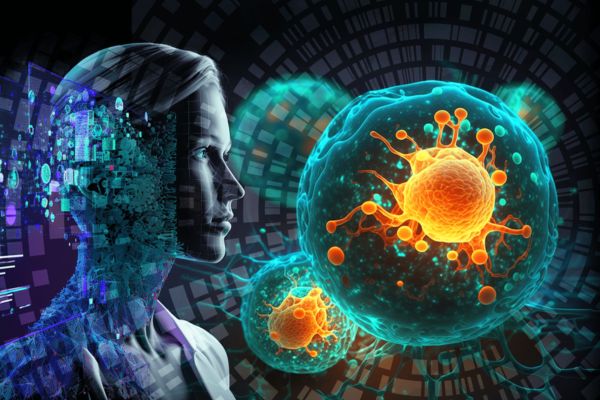The market for electronic health records (EHRs) grew rapidly worldwide, with a projected value of USD 27.42 billion in 2023. According to projections, it will amount to USD 41.87 billion by 2033. Healthcare systems are expected to witness the largest growth in reporting, with a projected 5.1% compound annual growth rate (CAGR) by 2033.
In a recent report, the World Health Organization (WHO) emphasized the significant advantages of electronic health records (EHR). EHR systems help to better evaluate healthcare costs, use, and results while ensuring that patient information is more accurate and easily accessible during treatment. They guarantee accurate information, lower expenses, facilitate patient mobility, enhance the quality of healthcare, and provide smooth information exchange between healthcare providers.
Current EHR Developments:
- The U.S. Department of Health and Human Services has been trying to enhance patient access policies, as of January 23rd, 2024. Initiatives in this regard were showcased during an event in October 2023.
- The ONC will follow the recommendations of the Health Information Technology Advisory Committee (HITAC) on January 18, 2024. HITAC members are specialists in areas such as interoperability, privacy, and patient access to information.
- EHR technologies, which offer insights into healthcare expenditures and outcomes, have dramatically improved patient information accuracy and accessibility at the point of care in 2021. Electronic patient records are required in Germany by the Patient Data Protection Act, however a poll conducted in Norway found that doctors were worried about system complexity and outages. Even if EHRs are widely used, ongoing assessment is essential for increasing healthcare efficacy and efficiency.
For instance:
When social needs data sharing was first asked about in the Health Information National Trend Survey (HINTS6) in 2022, around 60% of Americans said they felt safe sharing information about their social needs with their healthcare professionals in order to receive treatment.
Integration of Technology:
- Improvements in interoperability make it possible to communicate with other healthcare systems easily.
- Patient data is securely stored and is available from any location thanks to cloud computing.
- Telehealth is supported by mobile health systems, which allow changes to patient records.
- Pattern recognition and outcome prediction are made easier with the use of artificial intelligence (AI) and data analytics.
- Pattern recognition and outcome prediction are made easier with the use of artificial intelligence (AI) and data analytics.
- Interfaces that are easy to use increase efficiency and accessibility.
- Real-time health data is provided through wearable device integration.
Hospital and physician EHR Adoption Trends in the United States:
Advanced analytics integration with EHR systems facilitates evidence-based decision-making, helps spot trends, and supports decision-making. Access to health information via electronic health record (EHR) systems empowers patients and promotes a cooperative interaction between them and healthcare providers.
Principal Clinical Uses for EHR:
The advent of Electronic Health Records (EHR) has brought about a global transformation in the administration and application of patient data. In place of conventional paper records, these digital solutions speed up information retrieval and give fast access to patient data, enabling quicker decision-making and prompt actions.
EHR systems also facilitate easy communication between healthcare organizations, guaranteeing a coordinated approach to patient treatment. They provide a thorough perspective of a patient’s test findings, prescriptions, allergies, and medical history, enabling medical providers to make better judgments and lower errors.




































